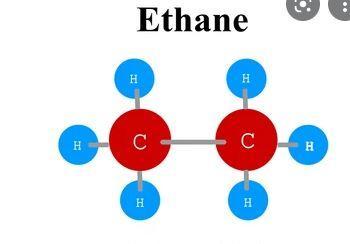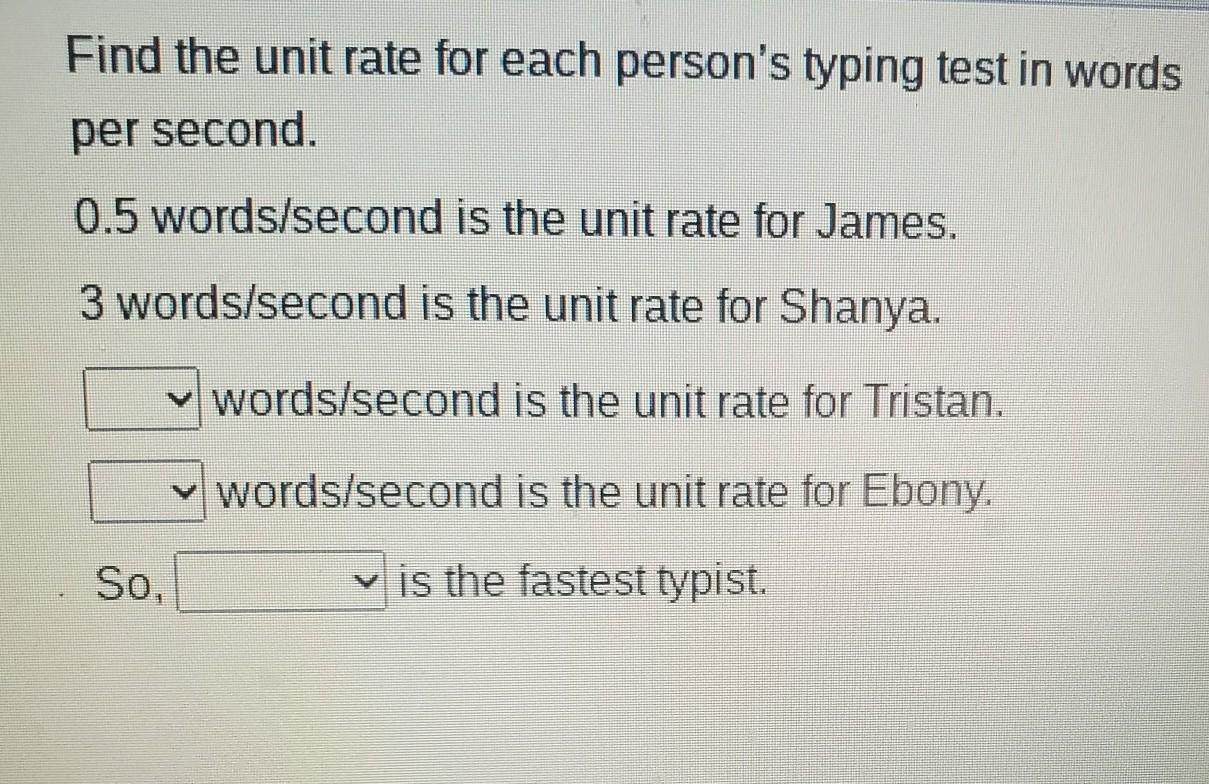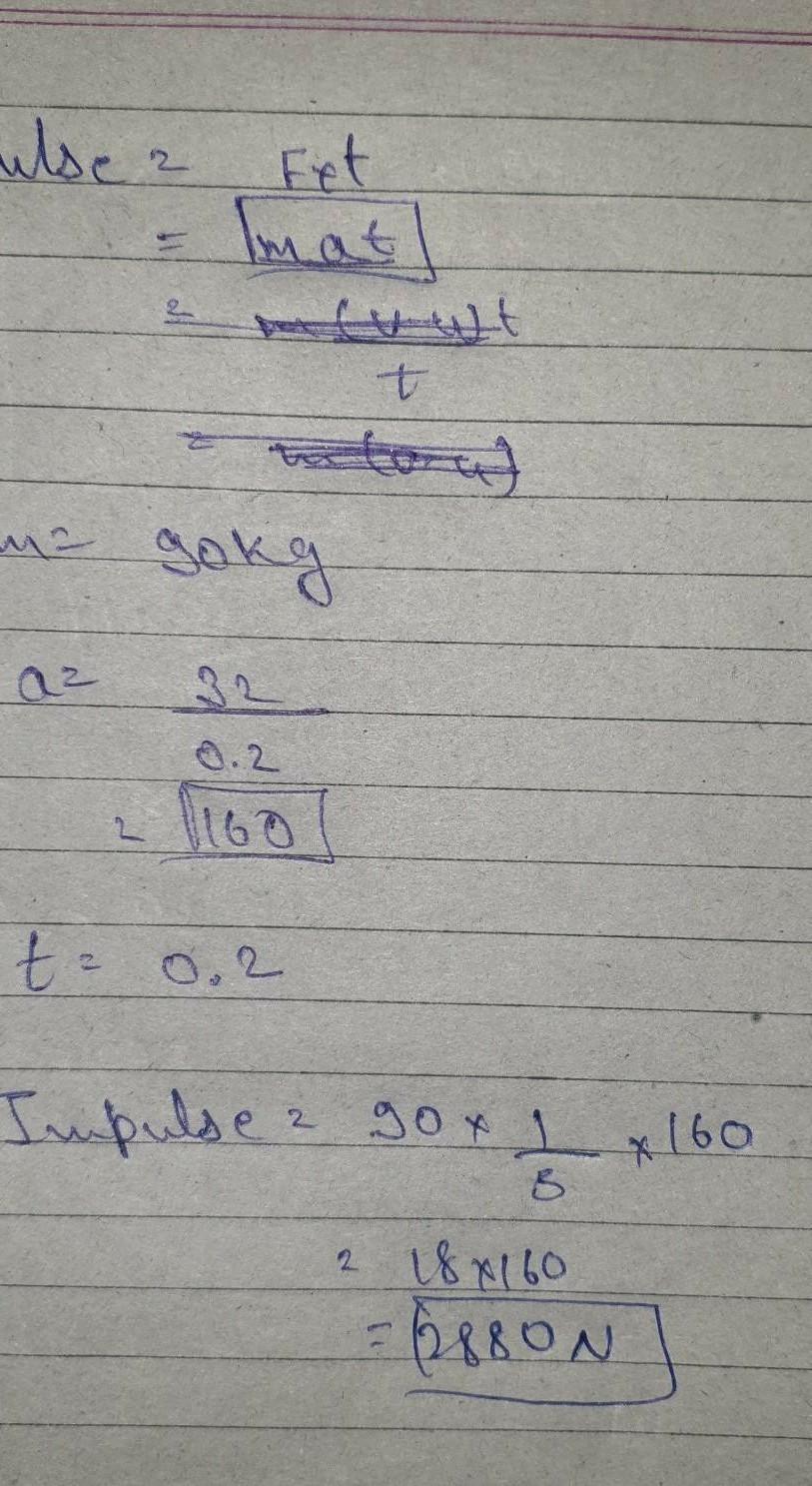Which formula represents a molecule having a nonpolar covalent bond?.
Answers 2
The formula which represents a molecule having a non-polar covalent bond is: ethane (C_2H_6).
A covalent bond can be defined as a bond that typically involves the sharing of electrons between the atoms of a non-metallic chemical element.
In Chemistry, the two (2) main types of covalent bond include:
- Polar covalent bond
- Non-polar covalent bond
A non-polar covalent bond is a type of covalent bond that is formed when bonding electrons are shared equally between two (2) atoms. Thus, bonding electrons are shared equally in non-polar covalent bonds.
In conclusion, the formula which represents a molecule that has a non-polar covalent bond is ethane (C_2H_6) because the hydrogen atoms are shared equally between the two (2) carbon atoms, as shown in the image attached below.

-
Author:
bridger
-
Rate an answer:
0
AI generated Answer
-
Rate an answer:
0
Do you know an answer? Add it here!
Unable to find an answer to your question?
Don't worry! There are several alternative approaches you can try to resolve your query. Here are some tips to help you find answers in different ways:
- Reframe your question: Sometimes, the way you phrase your question can limit your search results. Try rephrasing it using different keywords or providing more context to get better results.
- Utilize social media: Post your question on social media platforms, particularly those focused on professional or specialized topics. Twitter, LinkedIn, and Facebook groups can connect you with individuals who may have relevant expertise or experiences to share.
- Consult subject matter experts: Reach out to experts in the field related to your question. Many professionals are willing to help and share their knowledge. You can connect with them through email, LinkedIn messages, or by attending relevant conferences or events.
- Use our website to find your question through the search box above, or you can sign up to ask your question for our big educational community. Our experts will review your question, and you will get a quick and quality answer.
- Collaborate with others: If your question is related to a specific project or problem, consider collaborating with others who might have complementary skills or knowledge. Teamwork can lead to innovative solutions and shared insights.
Remember, the process of finding answers often involves persistence, creativity, and an open mind. By exploring various resources, reaching out to others, and being proactive in your search, you increase your chances of finding the information you need. Happy quest for knowledge!


